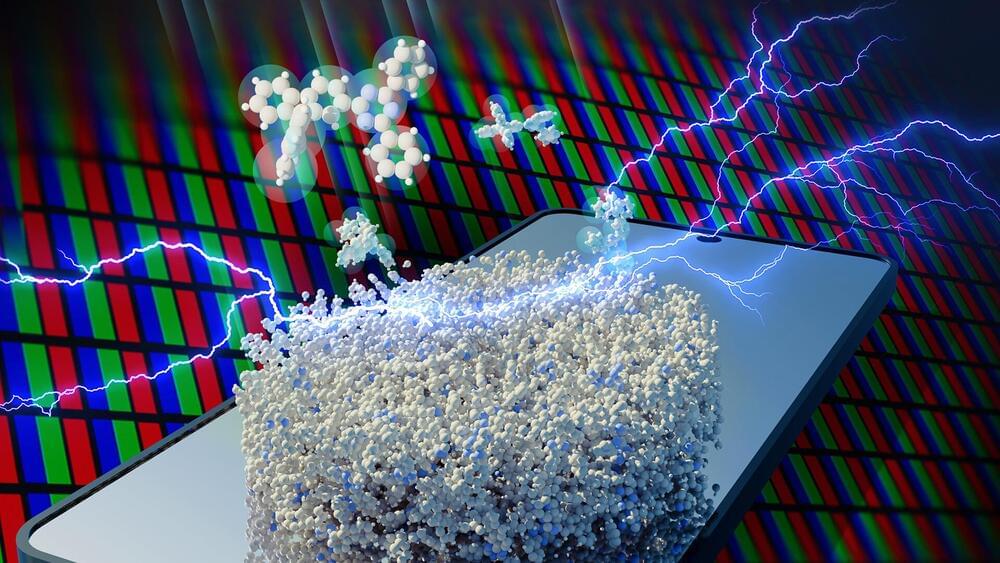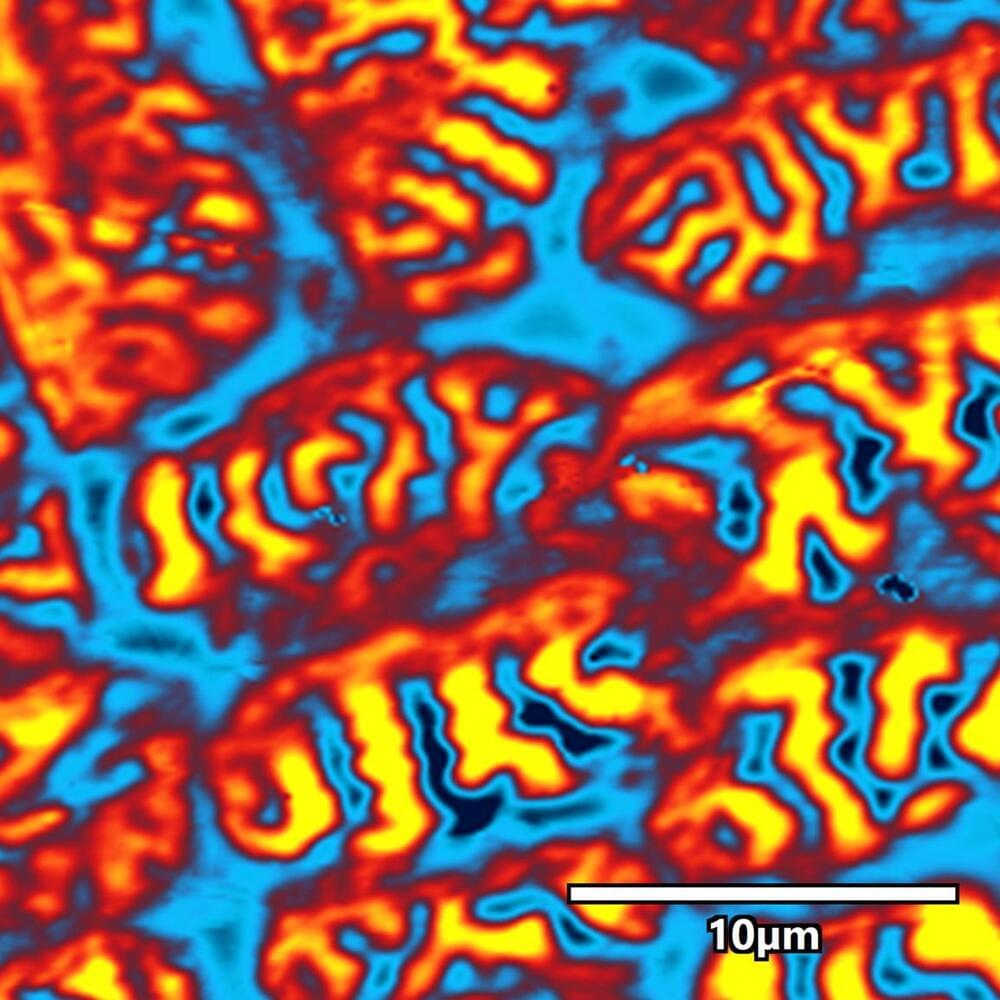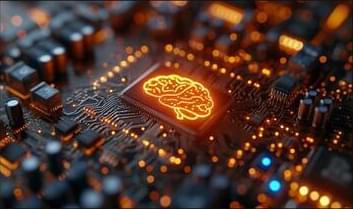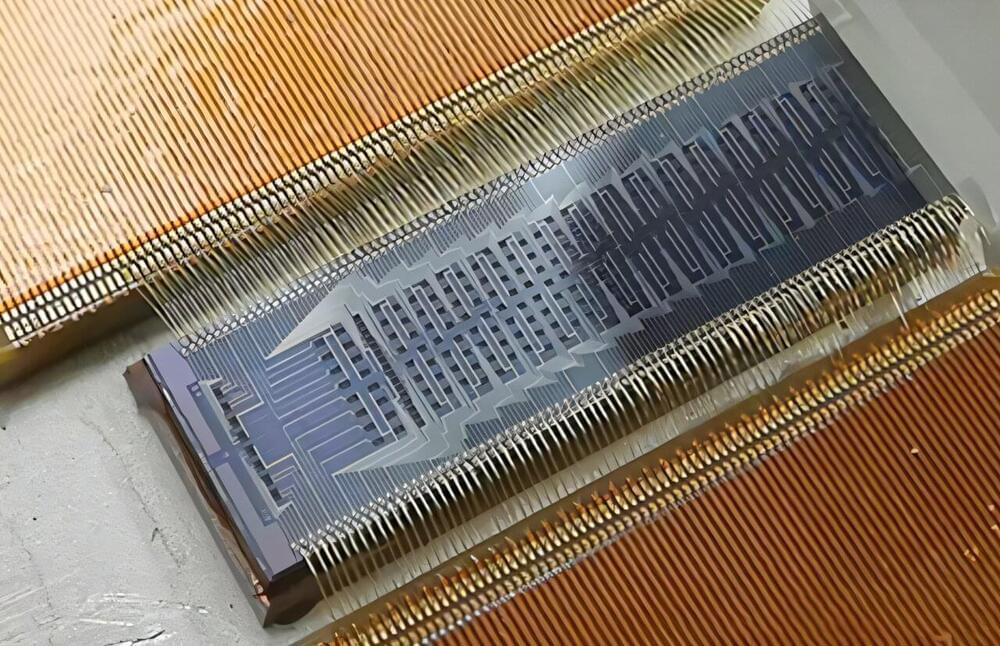A team of researchers has identified a unique phenomenon, a “skin effect,” in the nonlinear optical responses of antiferromagnetic materials. The research, published in Physical Review Letters, provides new insights into the properties of these materials and their potential applications in advanced technologies.
Nonlinear optical effects occur when light interacts with materials that lack inversion symmetry. It was previously thought that these effects were uniformly distributed throughout the material. However, the research team discovered that in antiferromagnets, the nonlinear optical response can be concentrated on the surfaces, similar to the “skin effect” seen in conductors, where currents flow primarily on the surface.
In this study, the team developed a self-designed computational method to investigate the nonlinear optical responses in antiferromagnets, using the bulk photovoltaic effect as a representative example. Their results showed that, while the global inversion symmetry was broken, the local inversion symmetry deep inside the antiferromagnet was almost untouched.








